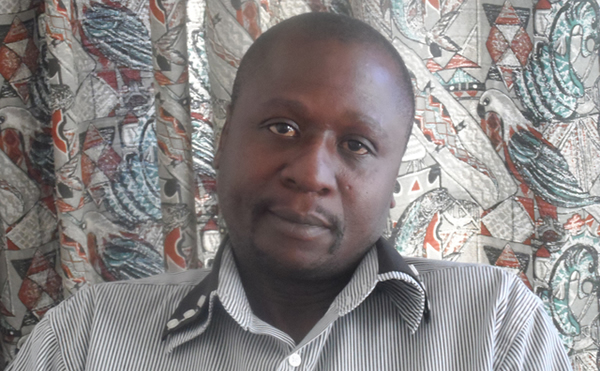Cyber Security Act a threat to freedom of the media and expression

Human rights defenders have spoken out against the arrest of NewsDay journalists for allegedly breaching the Cyber and Data Protection Act.
The publication’s editor Wisdom Mudzungairi and journalist Desmond Chingarande who are the country’s first scribes to be arrested under the law are facing charges of violating the Criminal Law (Codification and Reform) Act as read with sections of the newly gazetted cyber security law.
They are alleged to have circulated false data messages which raised the ire of the Media Institute of Southern Africa (Misa) who have since condemned the arrests in a statement.
“MISA Zimbabwe reiterates its long-standing position that when journalists are undertaking their professional duties, they will be exercising their constitutional rights as stipulated in Section 61 of the Constitution and that they have a right to seek, receive and impart information,” the press freedom watchdog said in a statement.
“Any limitation to this right should qualify under the three-pronged test, which requires legality, proportionality and necessity. It is also our position that criminal sanctions on false news are disproportionate and not necessary,” it reads.
“They could have simply appealed to the Data protection Authority to intervene and would have appealed to either the Voluntary Media Council of Zimbabwe or the Zimbabwe Media Commission, so this is like some people are being used to test the new law,”said Majoni.

Investigative journalist Tawanda Majoni who is the national coordinator of the Information for Development Trust also described the cyber security law as restrictive over freedom of the media and expression.
“It represents a serious threat to freedom of the media and expression as well as access to information of public interest as provided under respective sections of the Zimbabwean constitution,” he said in an interview with IPS.
The act also brings memories of journalists who were victimized by provisions of the Access to Information Protection of Privacy Act (AIPPA), an instrument used by the late Robert Mugabe regime to gag journalists.
Human rights activists described the law, which has since been scrapped, as draconian after it impeded journalists from doing their work without fear.





